Fuel quality is one of the most influential factors in the performance and lifespan of agricultural machinery. Modern farms rely heavily on equipment that operates long hours under demanding conditions, making fuel efficiency and engine protection more important than ever. Farm fuel additives have become a key solution for maintaining diesel engine reliability and ensuring smooth operations year-round.
The Role of Additives in Enhancing Diesel Performance
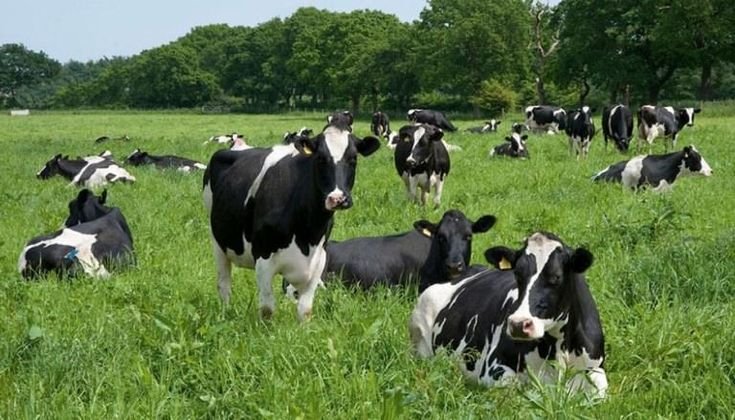
Diesel used on farms often faces a variety of challenges, including storage conditions, fluctuating temperatures, and exposure to moisture. Farm fuel additives are specifically formulated to counter these problems, helping farmers extract maximum value from every litre of fuel.
Additives designed for injector cleaning help maintain consistent spray patterns, improving combustion and reducing fuel consumption. Detergent-based additives remove deposits that accumulate over time, restoring lost power and preventing rough engine performance. Anti-corrosion additives protect fuel systems from rust caused by water contamination, prolonging the lifespan of machinery components.
Cold weather poses additional challenges for farms in temperate regions. Diesel can gel in low temperatures, forming wax crystals that block fuel filters and prevent engines from starting. Winter additives lower the temperature at which gelling occurs, ensuring machinery continues to run even in harsh winter conditions. This makes additives a critical part of seasonal fuel management plans for many farms.
Supporting Agricultural Heating Needs with Industrial Heating Oil
While fuel additives primarily focus on improving diesel performance, many farms also depend on industrial heating oil to maintain the environments required for livestock, storage, or crop production. Greenhouses, poultry buildings, and dairy facilities often rely on stable heating systems powered by heating oil, especially during colder months.
The relationship between diesel and industrial heating oil is more connected than it may initially seem. Both fuels benefit from enhanced stability, cleaner combustion, and protection against degradation. Farm fuel additives designed for heating oil improve burner performance, reduce soot formation, and prevent sludge buildup in storage tanks. This ensures that heating systems remain reliable year-round, maintaining essential temperatures for sensitive agricultural processes.
Farmers who use both diesel and heating oil often find value in working with suppliers who understand how additives support both fuel types. Coordinated solutions help maintain consistent fuel quality across the farm’s entire energy system, reducing disruptions and protecting valuable equipment.
Fuel Stability: Why It Matters for Storage and Long-Term Use
Fuel storage is a necessity for most farms, especially during peak agricultural seasons. However, stored diesel is prone to degradation over time due to exposure to oxygen, moisture, and microbial growth. Degraded fuel can compromise engine performance, clog filters, and create operational delays.
Farm fuel additives play an important role in protecting stored fuel. Stabilizing additives slow oxidation, keeping diesel fresher and usable for longer. Biocides control bacterial and fungal growth that can develop in tanks containing traces of water. Water dispersants help reduce sludge formation and prevent corrosion-related damage. Together, these additives enable farmers to store fuel with confidence, knowing it will remain stable and efficient when needed.
Industrial heating oil also benefits greatly from similar stabilization measures. When heating oil sits in storage during warmer months, sediment and impurities can accumulate, affecting efficiency when the heating system is restarted. Additives formulated for heating oil maintain fuel cleanliness, reduce the risk of burner failures, and support predictable heating performance.
Selecting the Right Additives for Farm Requirements
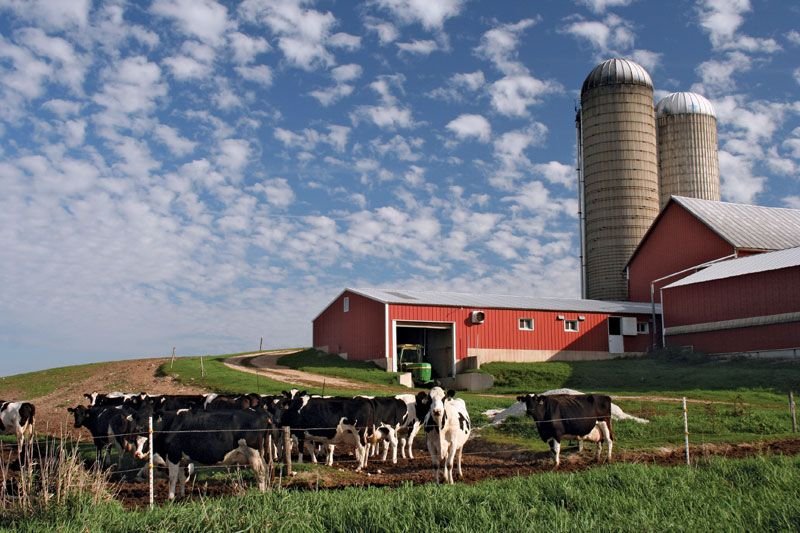
Choosing appropriate additives depends on the specific challenges a farm faces, such as climate conditions, storage duration, or machinery usage levels. Improving a tractor’s start-up performance might require a cetane booster, while protecting stored fuel might call for a stabilizer or biocide. The key to selecting the right product is understanding the farm’s fuel consumption patterns, equipment needs, and seasonal operations.
Working with knowledgeable suppliers provides an advantage because they can recommend additive packages that address multiple issues simultaneously. They can also guide farmers on correct usage, preventing overdosing and ensuring consistent results. Many suppliers that provide diesel and industrial heating oil also offer a range of additives, giving farmers access to comprehensive fuel management solutions from a single source.
Reliable suppliers help farmers develop strategies that optimize fuel use, improve machinery uptime, and reduce long-term maintenance costs. By integrating additives into their fuel management plans, farms strengthen their overall productivity and operational reliability.
The Future of Fuel Additives in Agricultural Operations
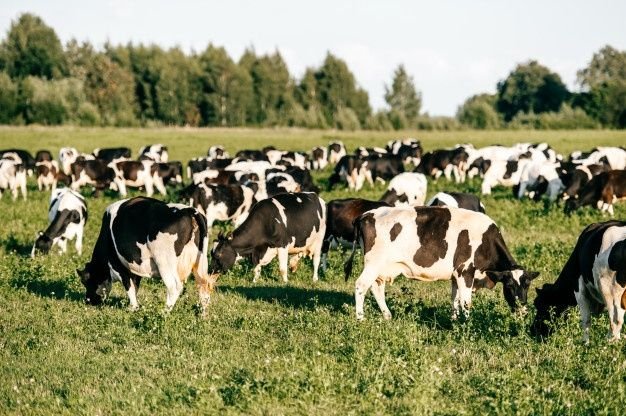
As agriculture continues to modernize, the importance of fuel quality will only increase. Machinery is becoming more advanced, requiring cleaner and more efficient fuel to maintain peak performance. Fuel additives are expected to evolve alongside technological advancements, offering improved formulations that increase efficiency, reduce emissions, and support more sustainable farming practices.
Environmental regulations are also driving innovation in additive development. Additives that lower emissions, enhance combustion efficiency, and support the use of renewable fuel blends will become increasingly valuable. This evolution supports the broader agricultural goal of balancing productivity with long-term environmental stewardship.
In conclusion, farm fuel additives are essential components of modern agricultural operations. They improve diesel performance, protect stored fuel, and support the effective use of industrial heating oil for temperature-controlled operations. By choosing the right additives and working with experienced suppliers, farmers can ensure their machinery runs efficiently, their fuel remains stable, and their farms achieve consistent productivity year-round.

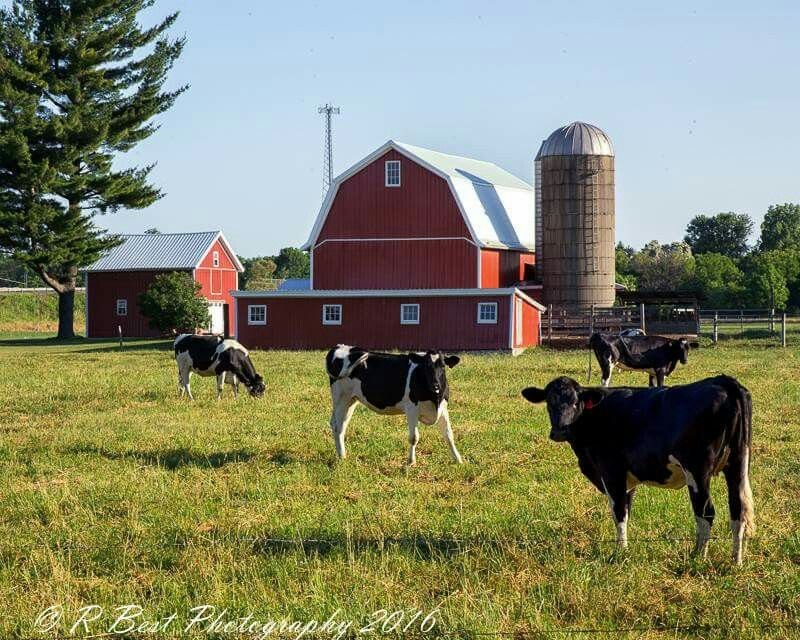









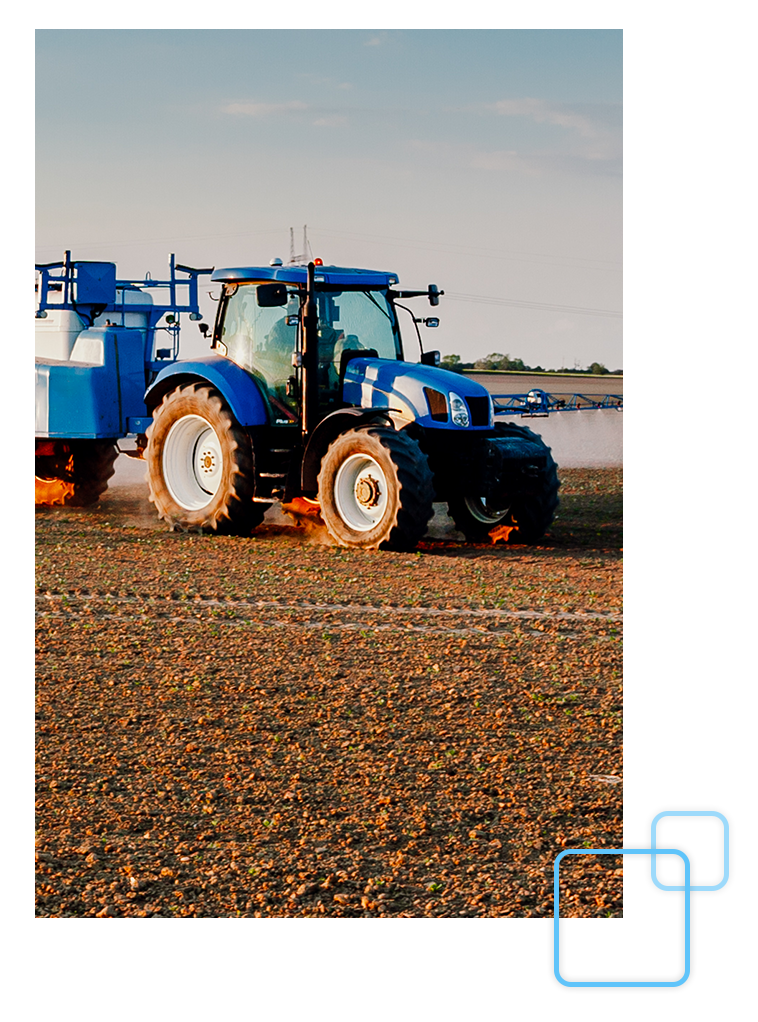




Leave a Reply